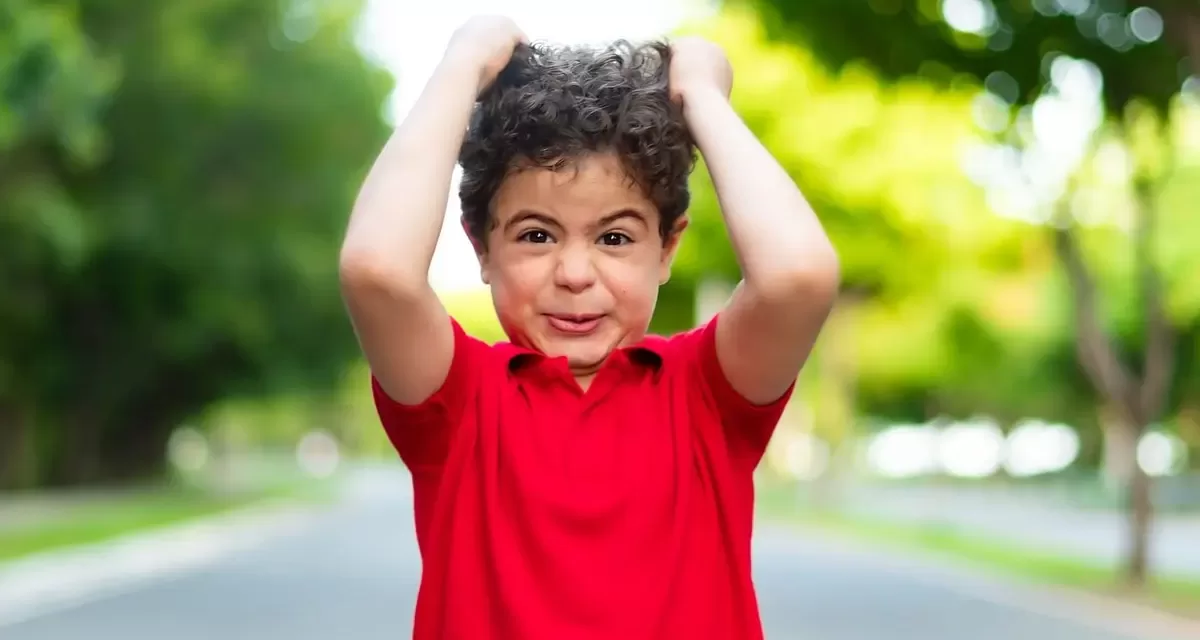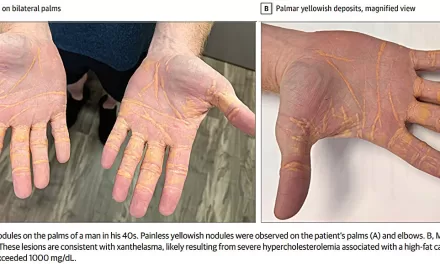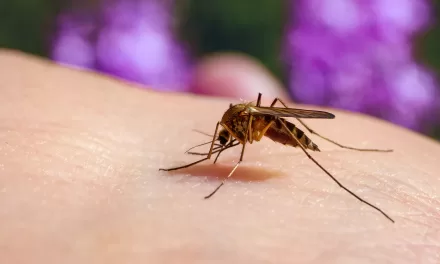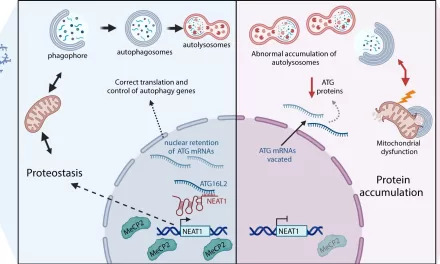A recent study led by UCL researchers suggests that individuals who experienced childhood maltreatment are at an increased risk of encountering intimate partner violence (IPV) later in life, with the risk growing over time. The study, published in Molecular Psychiatry, used data from 12,794 participants born in England and Wales, who were part of the Twins Early Development Study (TEDS).
TEDS, which began in 1994, has followed twins born in England and Wales throughout their lives, gathering data on environmental and individual factors that may have shaped their development. Researchers used the differences between identical and non-identical twins to explore how genes and environments contribute to abilities, behaviors, and mental health outcomes.
In the study, researchers found that participants who reported experiencing childhood maltreatment—including emotional, physical, or sexual abuse, and emotional or physical neglect—were three times more likely to experience intimate partner violence by age 21 compared to their peers. Alarmingly, this risk continued to increase with time. By the age of 26, those who had experienced childhood maltreatment were four times more likely to encounter IPV than those who had not.
Lead author Dr. Patrizia Pezzoli, from UCL Psychology & Language Sciences, explained, “Our findings are in line with previous research, which reports a three to six times higher risk for IPV victimization among those with a history of childhood maltreatment. However, our discovery that this risk escalates over time is a novel finding.”
Dr. Pezzoli suggested that the growing risk could be linked to the social consequences of childhood maltreatment. “Individuals exposed to maltreatment often experience gradual restrictions in their social networks, as they may have fewer opportunities to socialize growing up. This could heighten their vulnerability to unsafe relationships as they mature.”
The study also explored the reasons behind the increased risk of intimate partner violence among individuals with a history of childhood maltreatment. The researchers found that maltreatment during childhood specifically raised the likelihood of IPV, even after accounting for environmental and genetic risk factors.
Environmental factors, such as family dynamics and socioeconomic status, accounted for 42-43% of the link between childhood maltreatment and IPV, while genetic factors, including personality traits and behavioral susceptibility, contributed 30-33%. Individual-specific influences, such as peer groups and life experiences, made up around 25-27% of the association.
Dr. Pezzoli emphasized the importance of understanding the different pathways through which childhood maltreatment affects later life outcomes. “These distinctions help us understand the complex factors that increase the risk for certain individuals and can inform the development of targeted interventions.”
The study’s findings underscore the need for effective support strategies for individuals affected by childhood maltreatment. Dr. Pezzoli concluded, “We hope our research will inform prevention efforts, helping to create opportunities for vulnerable individuals to build a safe and healthy future, ideally before they enter intimate relationships.”
This research highlights the importance of early intervention and evidence-based support to address the long-term effects of childhood maltreatment, aiming to reduce the risk of intimate partner violence and foster healthier relationships.
For further information, refer to the study: Patrizia Pezzoli et al, “Causal and Common Risk Pathways Linking Childhood Maltreatment to Later Intimate Partner Violence Victimization,” Molecular Psychiatry (2024). DOI: 10.1038/s41380-024-02813-0.












